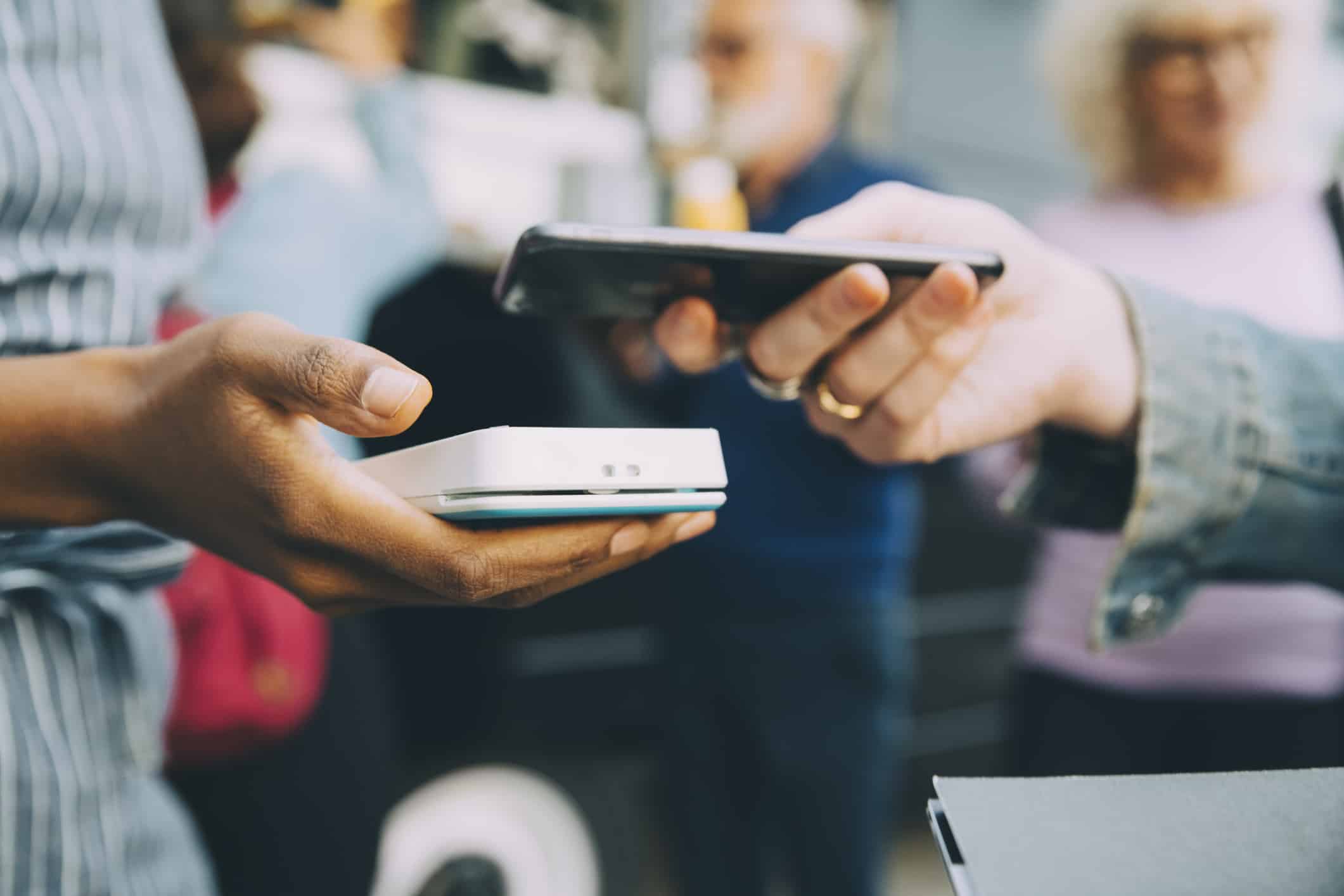Mobile transactions in Nigeria hit N9.2 trillion in seven months of 2022.
In 2019, if you asked Victor Bello, an electronics trader in the bustling Computer Village of Lagos, Nigeria, if he would allow his customers to make non-cash transactions, he would have laughed and promptly shown you the door.
Bello believed in only monetary transactions for all sales and even though more and more of his customers tried to make payments via mobile or electronic payments, he simply refused.
“I had heard so many stories of people making payments via mobile transfers and later the merchants would not receive the money. I only trusted physical money that I could see and touch,” avers Bello.
Today, the story is completely different. About 90% of all his daily transactions are made via mobile transactions.
Loading...
“When Covid hit, I was forced to accept mobile payments because nobody wanted to leave the house. The only way you could make money was to deliver your products and receive mobile payments because everyone was on lockdown,” recalls Bello.
The willingness to accommodate the new and innovative method of financial inclusion saved his business.
“Many of the economic challenges that Nigerians faced during the Covid pandemic were tackled with mobile money tools which provided access to finance especially for people who were previously unbanked in Nigeria,” says Bismarck Rewane, CEO of Financial Derivatives, a leading think tank in Nigeria.
According to GSMA’s State of the Industry Report on Mobile Money in 2021, sub-Saharan Africa accounted for the most growth in mobile money transactions with 43% of all new accounts.
The Nigeria Inter-Bank Settlement System (NIBSS) revealed that mobile transactions by bank customers in Africa’s most populous economy peaked at N9.2 trillion ($21 billion) between January and July 2022. This accounts for an uptick in the 2021 amount of N8 trillion ($18 billion).
“When you consider the fact that there has also been an increase in telco subscribers in Nigeria to the tune of about 201 million, we begin to see the importance of mobile transactions. It is the most efficient way of making payments for goods and services,” avers Rewane.
According to the Nigerian Communications Commission (NCC), the total number of mobile subscriptions across the top four networks namely MTN, Airtel, Globacom and 9Mobile, rose by 10.9 million in the first half of 2022.
Loading...
